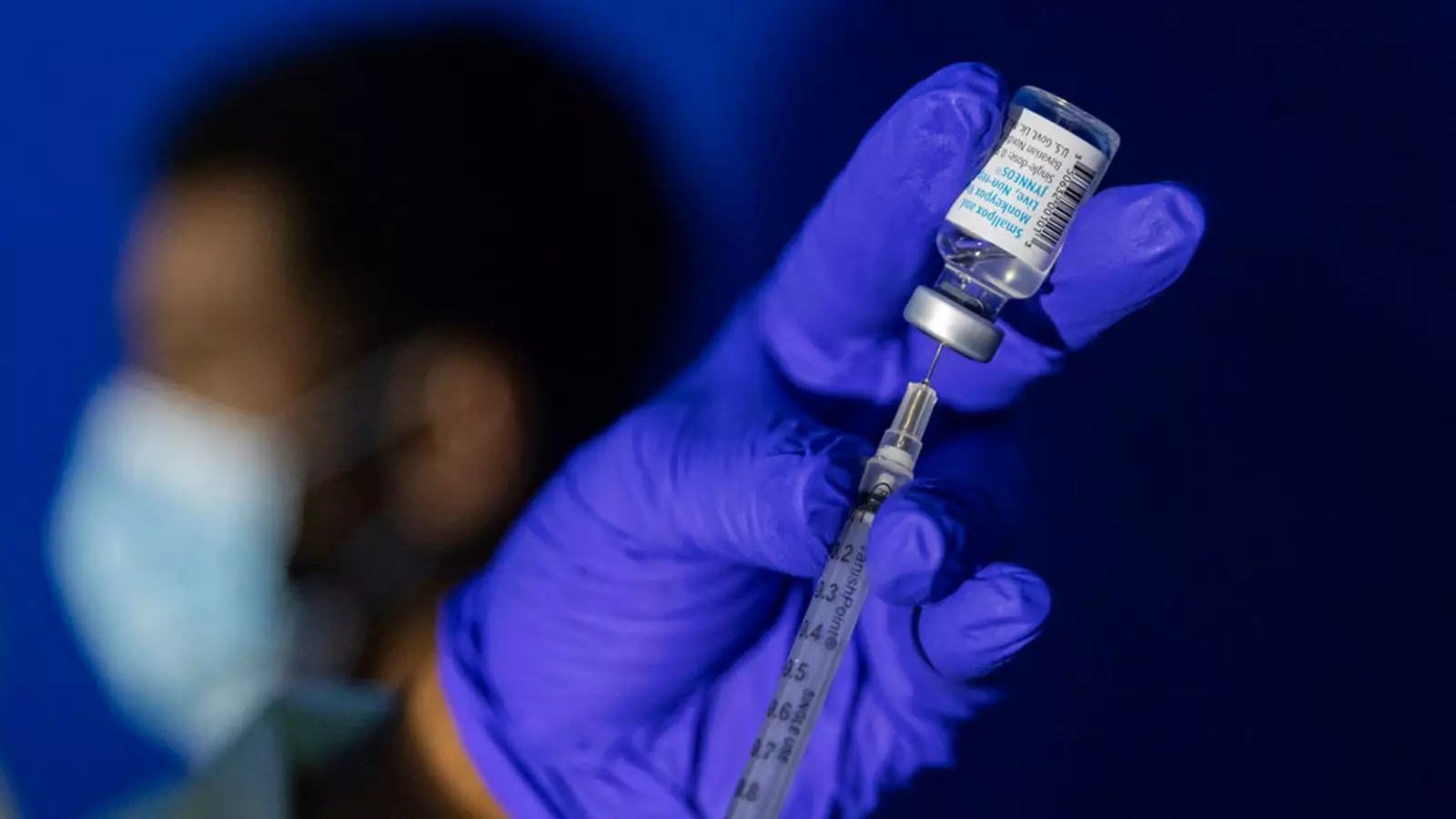Recent developments in the ongoing struggle with mpox, formerly known as monkeypox, have raised significant concerns among health experts and the general public alike. A newly identified and potentially more dangerous strain, labeled as clade 1b, has made its way to nations like Sweden and Pakistan after being initially recognized in the Democratic Republic of the Congo (DRC). This strain carries a higher mortality rate, and its detection raises the stakes in global health safety protocols.
According to infectious disease specialists, including Professor Paul Hunter, it is increasingly plausible that the clade 1b variant has already reached the UK. With the World Health Organization (WHO) recently categorizing mpox as a global health emergency, the urgency for rigorous public health measures has never been more pronounced. As of this report, more than 15,600 confirmed cases have emerged across 13 African countries, resulting in 537 fatalities. The breadth of this outbreak necessitates a careful examination of how it spreads and the measures that can be taken to mitigate its impact.
Clade 1b is recognized as the most virulent strain of mpox to date. Characterized by severe symptoms that start with flu-like indicators, the disease can escalate to produce painful blisters, primarily on the face and other parts of the body. Understanding the transmission pathways of this variant is essential for containment. The primary mode of spread involves contact with fluids from the lesions of infected individuals, particularly during sexual interactions. This highlights the variant’s association with specific social contexts, notably involving high-risk sexual networks, notably where the strain was first documented among sex workers in the DRC.
While Professor Hunter has mentioned that individuals carrying this new strain may not be readily detectable upon initial infection, surveillance through symptom recognition and laboratory testing will be crucial. The delays involved in identifying the strain make immediate action more challenging.
Even with the WHO’s recent declaration, experts like Professor Hunter argue that the overall risk for the general population remains relatively low. He points out that for most people, mpox tends to be a “relatively mild” condition that resolves without needing extensive medical intervention. However, the variant’s high mortality rate, reported between 3-4% in Africa, may indicate that vulnerable populations could face dire consequences if the disease reaches higher infection rates within Europe.
The health authorities in the UK, such as the UK Health Security Agency (UKHSA), maintain that the risk of widespread infection is “currently considered low.” However, monitoring is critical, given that the existing mpox vaccine shows promise in combating this new strain. Such vaccination efforts are vital for public confidence and safety.
Public health officials advise individuals who suspect exposure to mpox or experience related symptoms to seek medical attention promptly, either through genito-urinary clinics or general practitioners. Awareness and education about transmission routes, symptoms, and preventive measures can substantially reduce further spread. Resource allocation for the healthcare system and community support for public health campaigns will be paramount in addressing the complexities posed by this emerging threat.
One of the critical aspects of reducing the mortality rate among infected individuals lies in providing robust supportive care. As healthcare systems adapt to this challenge, proactive case management will be essential in decreasing fatalities associated with the illness.
The emergence of the clade 1b variant of mpox is a significant public health concern that necessitates a coordinated response from health authorities, scientists, and the public. With potential spread to an already susceptible population, the need for vigilance, education, and healthcare readiness cannot be overstated. As we grapple with the implications of this new variant, it becomes evident that our collective response can substantially influence the trajectory of this outbreak and the well-being of communities globally.


Leave a Reply